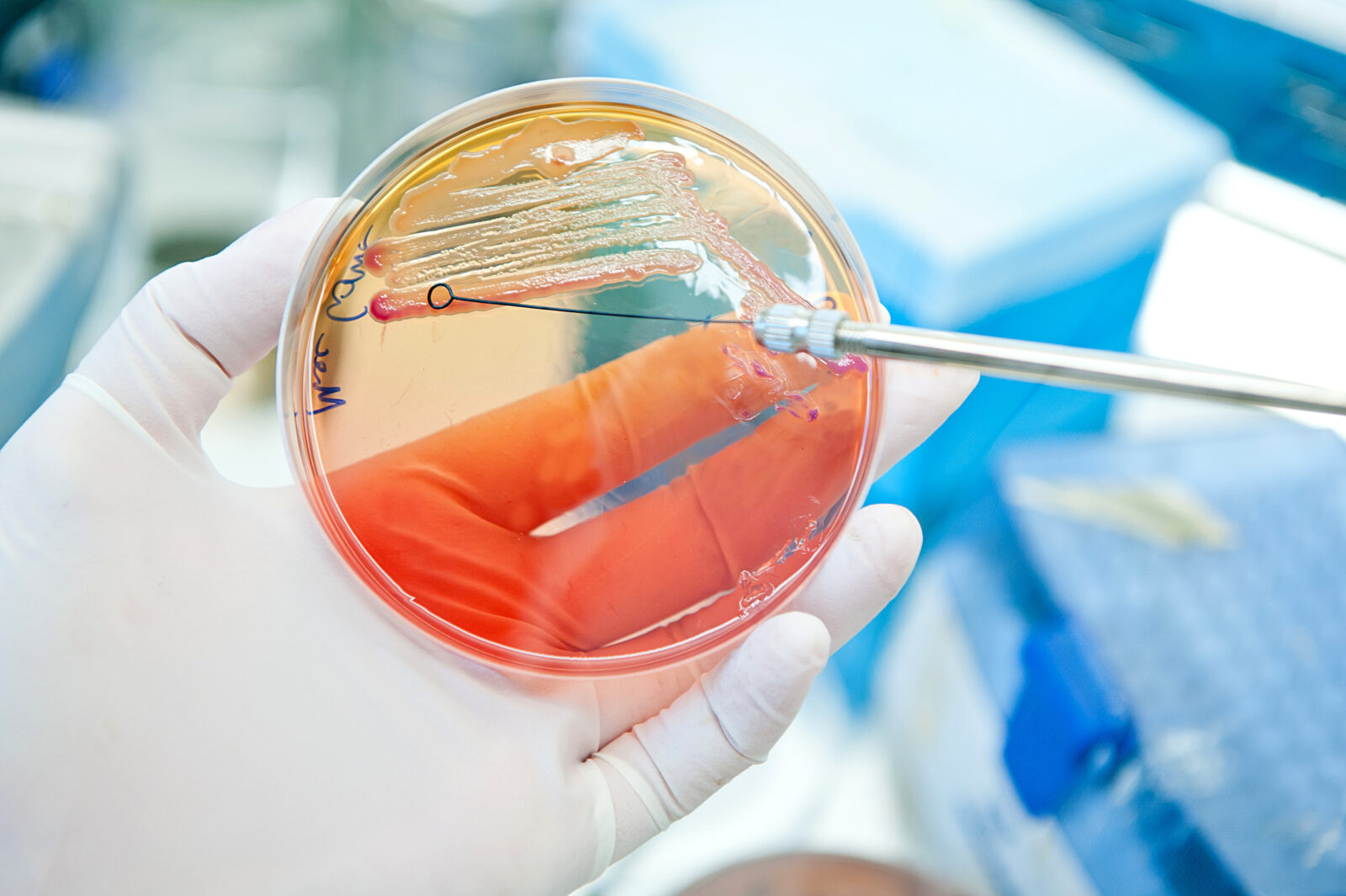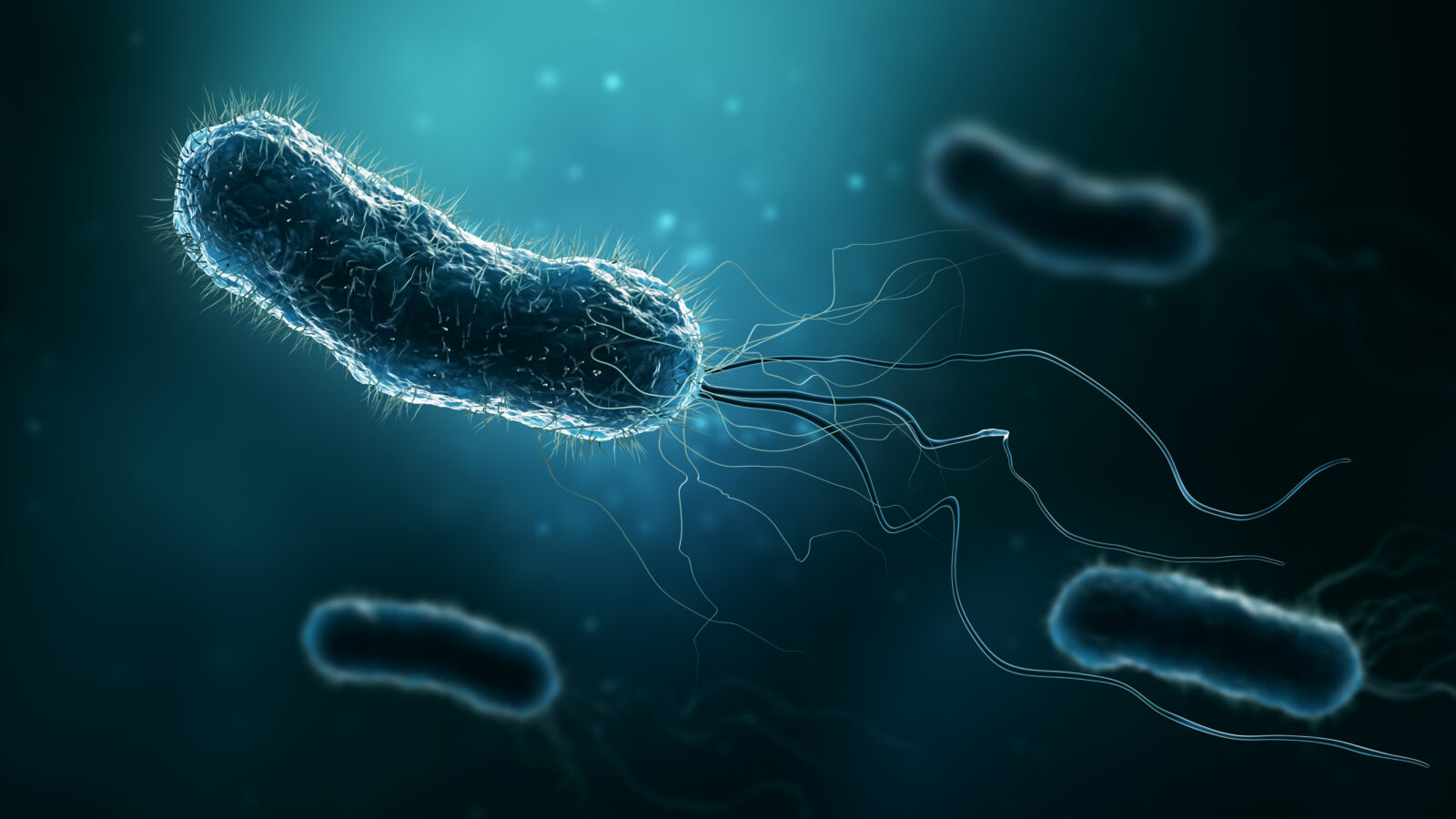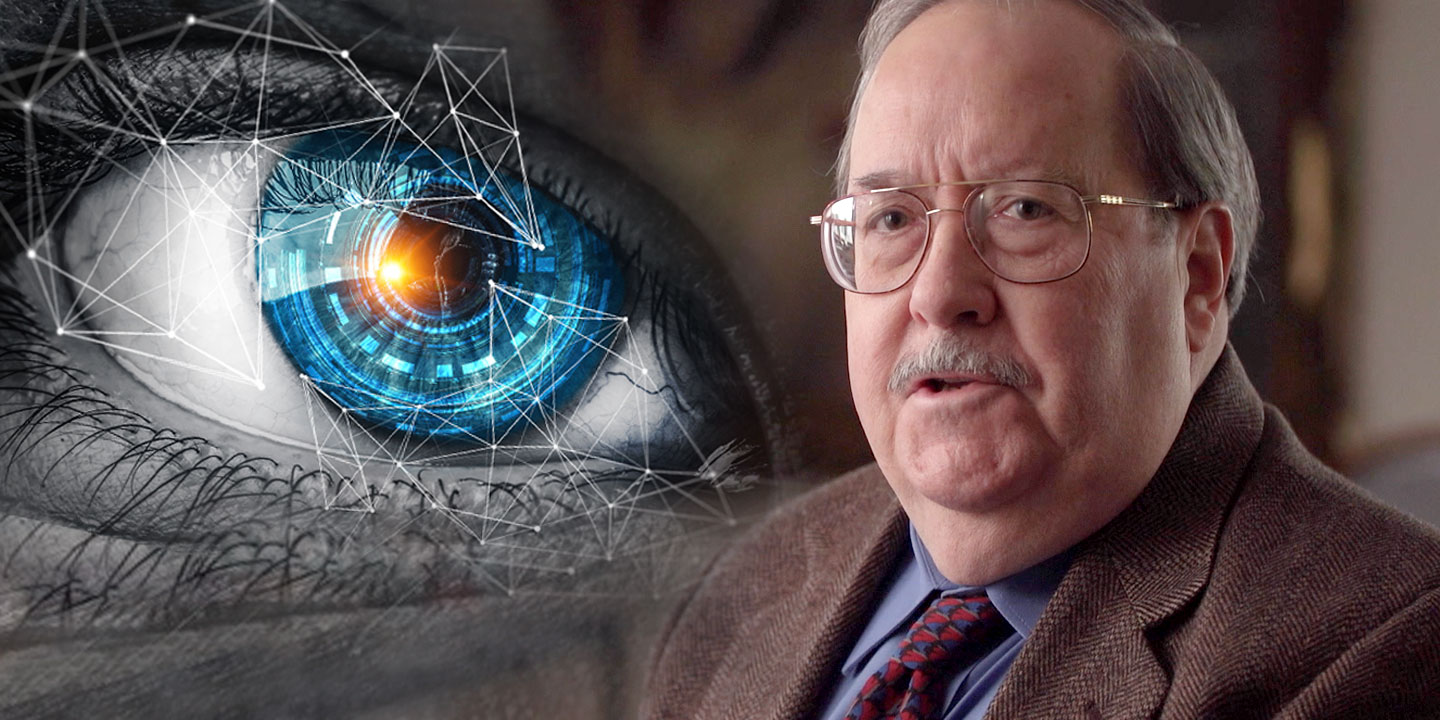


A Microbiologist’s Journey to Intelligent Design

Michael Behe: Behind The Scenes of Secrets of the Cell

Is Evolution Taught Fairly in Textbooks? A High School Senior Investigates

Jonathan Wells Evaluates Darwinian Evolution in New Online Course

Michael Behe’s Mousetrap on the Edge
On this ID the Future Lehigh University biologist Michael Behe dives deeper into A Mousetrap for Darwin. Behe and host Eric Anderson pivot to the new book’s section defending Behe’s earlier work, The Edge of Evolution. In that earlier book, Behe reviewed hard data from evolution studies of malaria parasites, HIV, and E. coli, showed that blind evolutionary processes face severe limits as to what they can build, and argued that intelligent design was required for the origin of life’s great diversity. In this new conversation Behe touches on some of the attempts to refute that argument and suggests why those refutations fail. For a more in-depth look at his defense of The Edge of Evolution, get your copy of A Mousetrap for Darwin: Michael J. Behe Answers His Critics and check out Part 3 of the book.

Michael Behe on the Battle of the Mousetraps
On this ID the Future, Michael Behe responds to the attacks on … his mousetrap. Behe used the common mousetrap to illustrate the idea of irreducible complexity, showing how various mechanical contrivances need all of their main parts to function, and to show how irreducible complexity poses a major challenge to Darwinism’s idea of gradual, step-by-step evolution of some biological machines. Most of the attacks on Behe’s argument have focused on the irreducibly complex biological systems he spotlighted, such as the outboard motor known as the bacterial flagellum. But some of his critics fixated on the mousetrap itself, and argued that the mousetrap wasn’t actually irreducibly complex. Behe rebuts these counterarguments and explains why he’s convinced they fail. The discussion is just a brief sampling of the deeper dive Behe takes in his newest book, A Mousetrap for Darwin.

Michael Behe on the Growth of ID via the Growth of Science
On this ID the Future, Michael Behe continues discussing A Mousetrap for Darwin, his newest book. Understanding of the cell has grown “by leaps and bounds” since the 1990s, when Behe’s first book appeared. Fresh discoveries have revealed ever more complex structures inside the cell. As Behe explains, it isn’t just the bacterial flagellum that’s irreducibly complex; the “hook” region inside the flagellum is, too. Evolution’s proper place of study has moved from gross anatomy and population genetics to biochemistry. In his conversation with host Eric Anderson, Behe says that intelligent design theory’s predictions are coming true over time, while for every step of increasing knowledge, it gets “worse and worse” for the theory of evolution by undirected unintelligent processes. Purchase his latest book here.

Michael Behe Reads from His New Book
On this ID the Future, Lehigh University biochemist Michael Behe reads from A Mousetrap for Darwin, his latest book making the case against blind evolution and for intelligent design. The volume contains some brand new material alongside a substantial collection of essays he’s written over the years in response to critics of his three previous intelligent design books. His pro-Darwin critics have jumped all over Behe. Some have even claimed he’s ignored their objections. A Mousetrap for Darwin gives the lie to that charge. Behe has answered his critics, and done so decisively, in everything from the New York Times and prominent blogs to major science journals. Listen in as he lays the groundwork for his fourth fascinating book, in his inimitably clear and winsome style.

Michael Behe Opens a Black Box for Christmas
On this episode of ID the Future, Lehigh University biochemist Michael Behe discusses the closing sections of his new book Darwin Devolves: The New Science about DNA That Challenges Evolution. He compares evolutionary biology in Darwin’s time and today to the world of astronomy before and after the telescope was invented. The cell was a black box to Darwin and his contemporaries. Today we can explore that black box like never before, much better even than even two decades ago, allowing us to observe what evolution can actually do at the molecular level. According to Behe, the answer is, not much. Evolution can create niche advantages by breaking certain things, but it doesn’t build fundamentally new structures or new machines. That’s because it can’t do what mind can do. It can’t purposefully arrange things. Behe and host Andrew McDiarmid discuss what it might mean for origins science to again recognize, and allow room in its explanatory toolkit for, the unique causal powers of mind. Finally, Behe reflects on his critics’ confident predictions that they’d have the evidence to refute his groundbreaking book Darwin’s Black Box within 20 years. It’s now been 20 years, so where does the score stand? Please consider donating to support the IDTF Podcast.